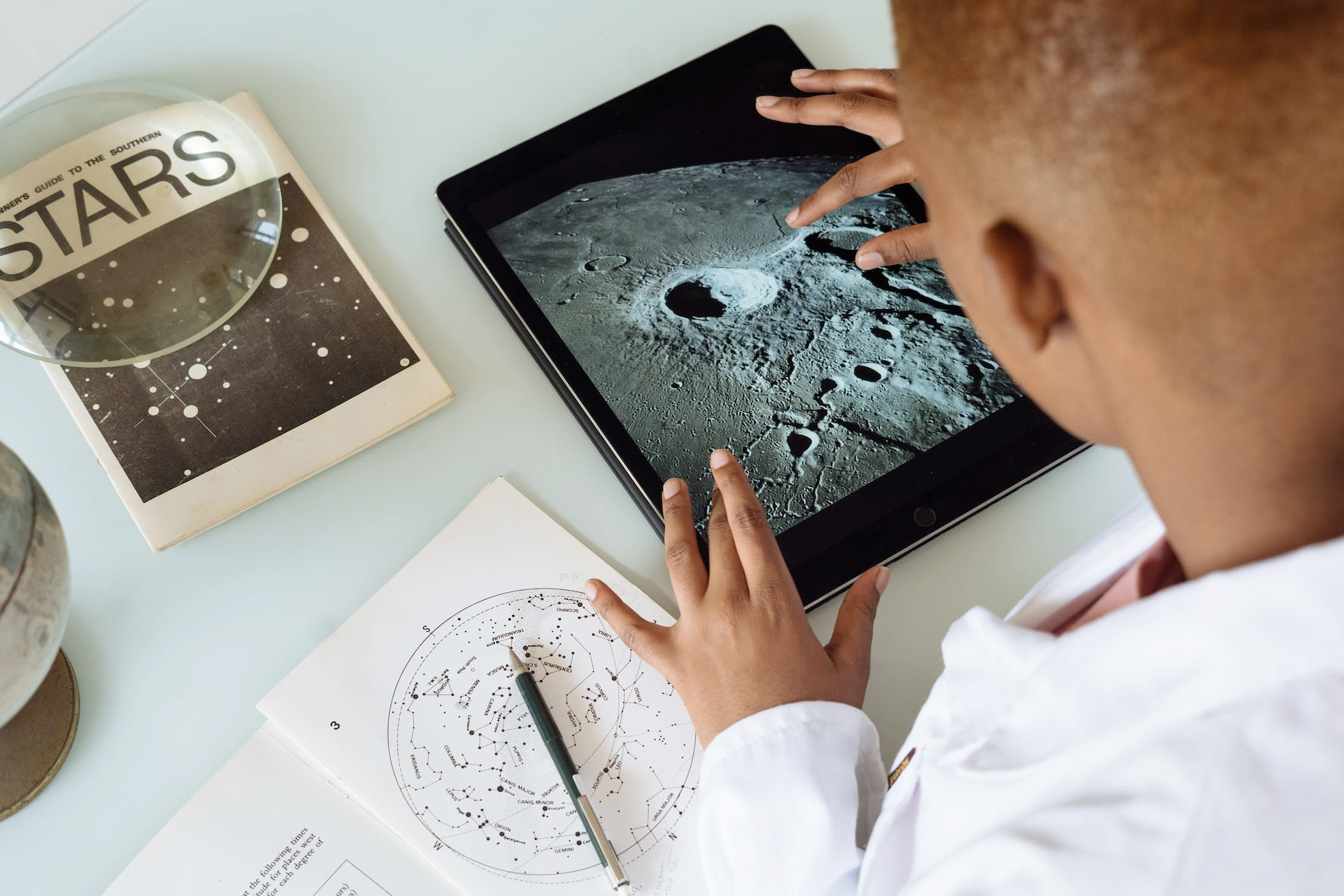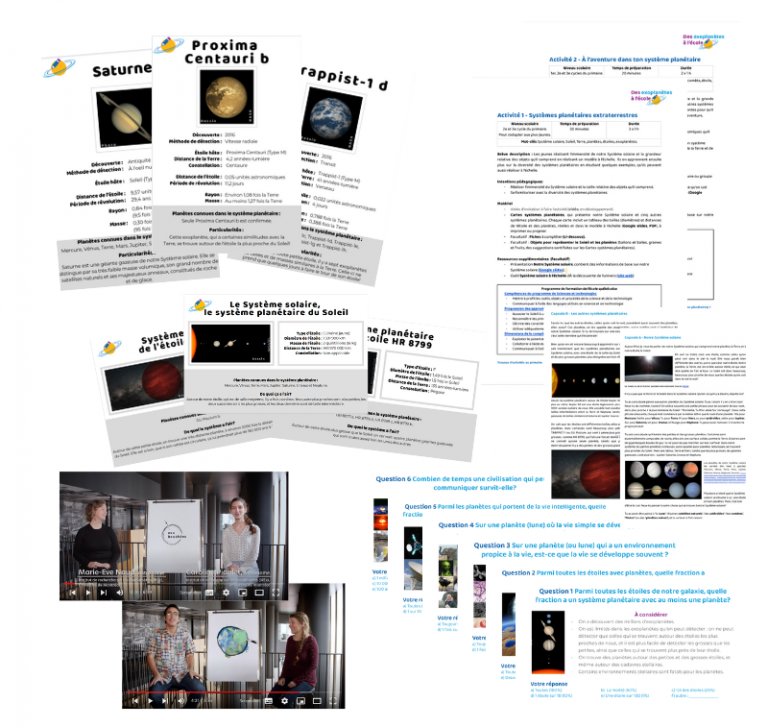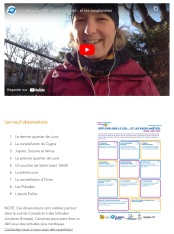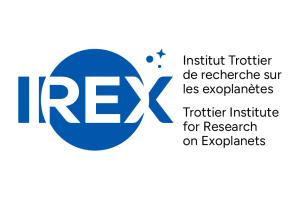
- About▼
- Exo 101▼
- News
- Research▼
- Jobs + Internships▼
- Current Opportunities
- B.Sc. Summer Internships
- Graduate Studies (MSc, PhD)
- Lumbroso Grant for Ambassadors
- Jean-Marc Lauzon Grants
- Postdoctoral Fellowships
- Maunakea Graduate School
- Secondary School + Cegep Internships
- Astrophysics Discovery Moments (Moments découverte en astrophysique)
- The Eclipse Ambassadors Training Program
- Public Outreach▼
- Our Events
- Astronomy on Tap
- Les Grandes conférences de l’iREx
- AstroMIL: an astronomy celebration for all!
- Podcast – Les astrophysiciennes
- ExoBites Video Series
- La petite école de l’espace
- Cosmic Club
- Exoplanets in the Classroom
- Beyond the Stars: Exploring Space, Rooted in Place
- Eclipse
- Invite an astronomer
- iREx in the Media (in our Reports)
- Social Media
- Newsletter
- Our Team▼
- Contact Us
- FR▼
